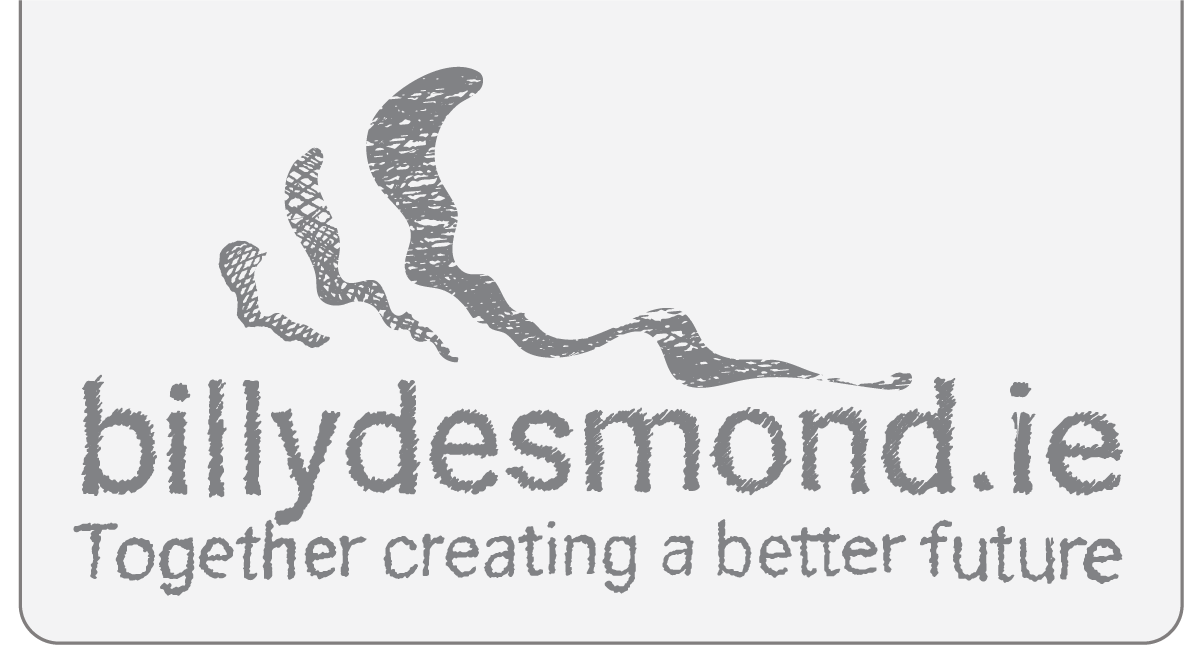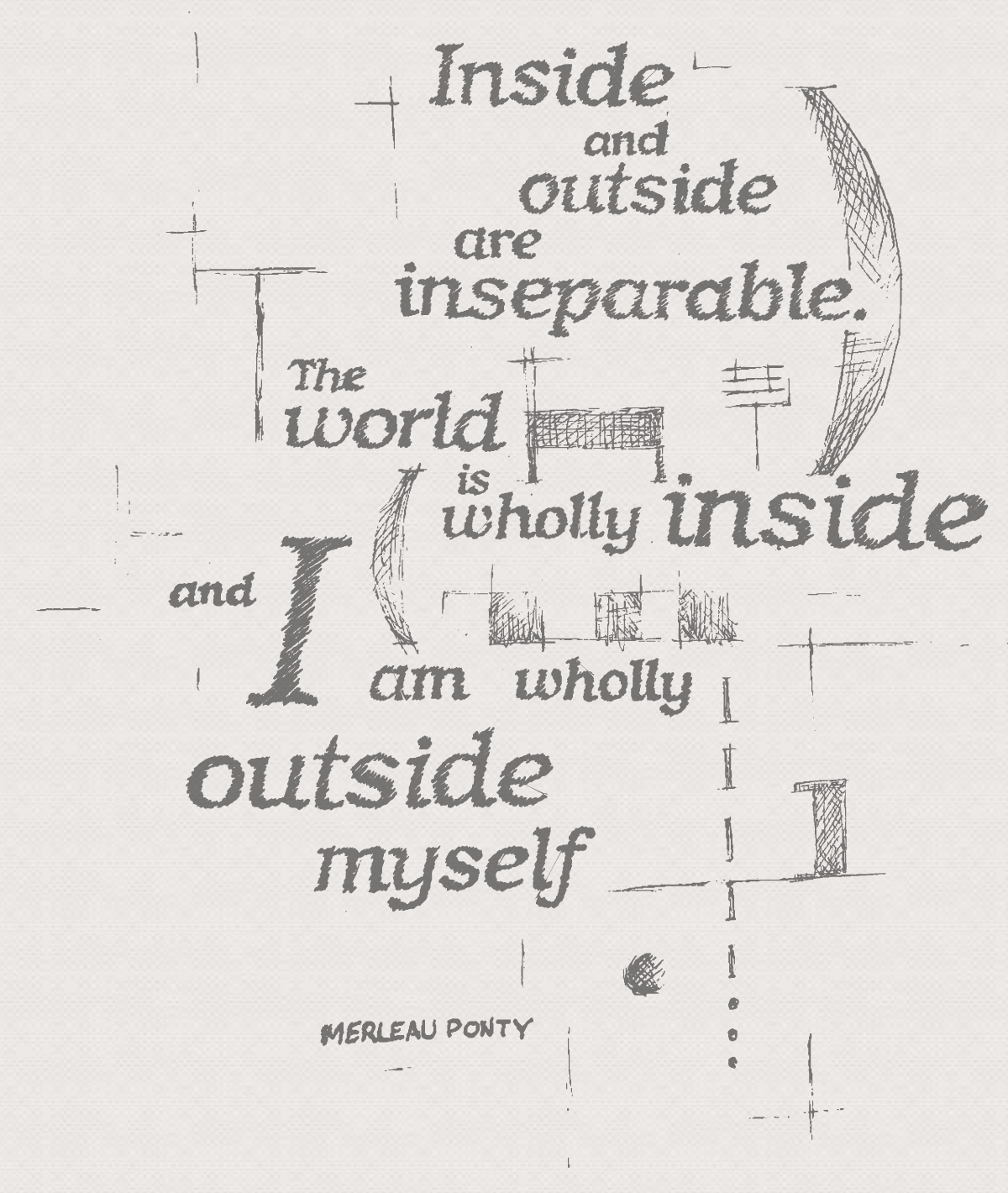Supervision is offered to accredited and trainee counsellors, psychotherapists, psychologists, executive coaches and individuals working in roles in the health & caring professions . My model of supervision has been developed and researched. Supervision ensures psychological and emotional self -care occurs for the clinician and coach. It provides a space and place where difficult sensations, feelings, imaginings that occur in the psychotherapeutic and coaching relationship can be lived through. This enables new understanding and insight for work with clients to be attained. As a Gestalt practitioner and certified trainer and practitioner of Developmental Somatic Psychotherapy (Centre for Somatic Studies), I also have the expertise to support supervisees to explore and achieve a nuanced understanding of the somatic transference processes that resonate in relationships.
In a soma-aesthetic approach to supervision it is first and foremost through the whole body that we come to experience the quality of our relationships and the environment that we and clients participate within. The client-practitioner relationship and situation is embedded in a socio-cultural context. The resonances between the here-and-now therapeutic and coaching relationship, and the context that it is embedded within can be rigorously explored in the supervisory relationship. All are intricately interconnected. In the worlds of Merleau-Ponty
'Inside and outside are inseparable. The world is wholly inside and I am wholly outside myself’.
The soma-aesthetic approach is a way of developing a stance of exquisite attention to a dynamic relationship. Working from an embodied dialogical approach requires a commitment from practitioners to rigorously attend to bodily experience and expressive forms of knowing. It requires trust of embodied resonances with the situation being explored in supervision. This illuminates habitual patterns and relational dynamics into explicit awareness through a reflective and reflexive process.
This approach to supervision encourages the therapist and practitioner to notice the moment to moment, movement to movements of inter-embodied experiences with an open and genuine curiosity. Sense-making through the feeling and thinking in movement moment to moment is the ground of meaning making of the co-created situation, Often, it seems that art, movement, poetry are the medium to support the expression of that which is most unknowable in person to person encounters. Such creative and embodied exploration enriches supervision work and supports the development of supervisees embodied knowing and conceptualisation of the client work, which offers new possibilities.


